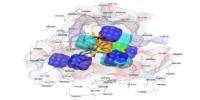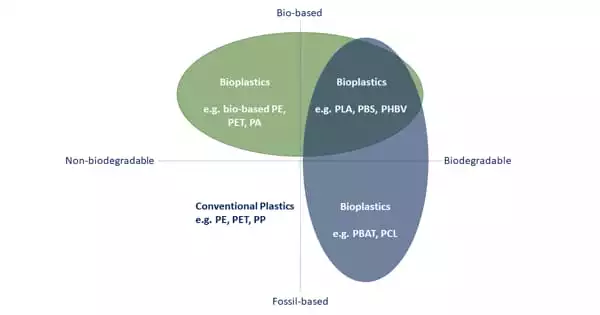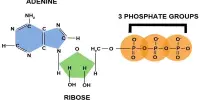According to a recent study led by scientists from the University of California at Irvine, the long-lived Chilean mouse known as the Octodon degus (degu) serves as a viable and practical model of sporadic natural Alzheimer’s disease. Today (December 19, 2022), Acta Neuropathologica Communications reported the findings.
“We found robust neurodegenerative features in cognitively impaired aged degus, including hippocampal neuronal loss, altered parvalbumin and perineuronal net staining in the cortex, and increased c-Fos neuronal activation in the cortex that is consistent with the neural circuit hyperactivity that are commonly reported in human Alzheimer’s Disease patients,” explained corresponding author Xiangmin Xu, PhD, professor and Chancellor’s Fellow of anatomy and neurobiology in the UCI School of Medicine, and director of the Center for Neural Circuit Mapping.
“By focusing on a subset of aged degus that show AD-like behavioral deficits and correlative neuropathology, we establish outbred degus as a natural model of sporadic AD and demonstrate the potential importance of wild-type outbred genetic backgrounds for AD pathogenesis.”
The need to resolve past disagreements over the usefulness of degus as a natural model of AD led to the motivation for this study. There is a critical need for non-murine, natural animal models for Alzheimer’s research as particularly highlighted by the NIH RFA “New/Unconventional Animal Models of Alzheimer’s Disease.”
Our findings, taken together, show spontaneous AD-like correlative phenotypes in cognitive performance and neuropathology in aged, outbred degus. This supports that aged degus are a useful and practical model of natural sporadic AD.
Xiangmin Xu
The few publications that have been published on degus with various genetic origins produce contradictory results regarding sporadic clinical characteristics resembling AD, with results between lab-bred and outbred degus showing particularly divergent patterns.
“We suspect that inconsistent findings between different studies may have been due to comparing neuropathology results from laboratory in-bred colonies versus more genetically diverse outbred degus, relatively low statistical power for sample size, and the absence of behavioral screening,” said Xu.
This study showed that outbred, old degus offer distinct benefits over typical rodent models (mice and rats) for investigating AD, exhibiting behavioral and neuropathological traits that mirror human AD diseases.
A further avenue for researching AD comorbidities in the degu is provided by the fact that a fraction of the outbred degu population naturally acquires additional disorders with aging, including macular degeneration, atherosclerosis, and type-2 diabetes.
“Our findings, taken together, show spontaneous AD-like correlative phenotypes in cognitive performance and neuropathology in aged, outbred degus. This supports that aged degus are a useful and practical model of natural sporadic AD,” said Xu.
Zhiqun Tan, PhD, an associate researcher with UCI’s CNCM and UCIMIND, and B. Maximiliano Garduño, a graduate student in the UCI Department of Anatomy & Neurobiology, are co-first authors of the paper. Other members of the research team include Todd Holmes, PhD, from the UCI School of Medicine Department of Physiology & Biophysics; Lujia Chen, a graduate student in biomedical engineering at UCI; and their international collaborators Patricia Cogram, PhD, associate professor, and Pedro Fernández Aburto, PhD, from the Institute of Ecology and Biodiversity at the University of Chile. This study was supported by the National Institutes of Health.
Alzheimer disease (AD) is a progressive neurodegenerative phenomenon associated with aging that causes particular pathologic lesions in the brain and permanent cognitive loss, both of which have a significant negative impact on the lives of those who have the condition.
Worldwide, AD affects over 44 million people, with late-onset and sporadic cases accounting for more than 90% of all cases.
















